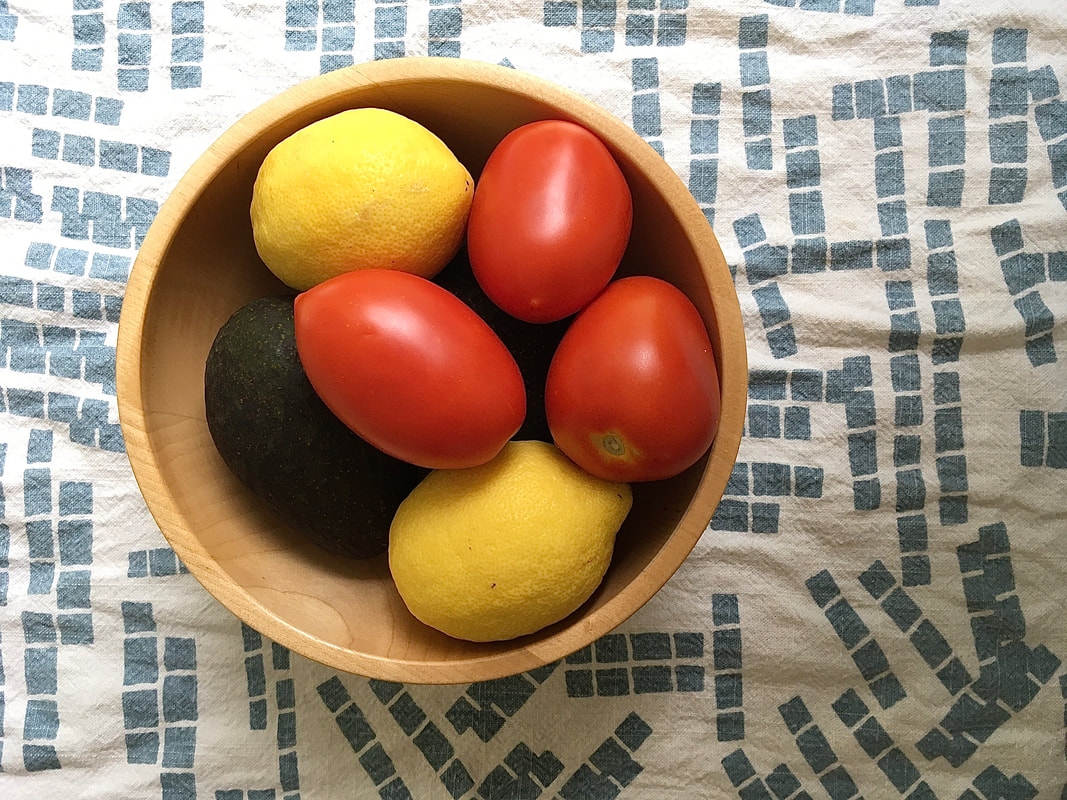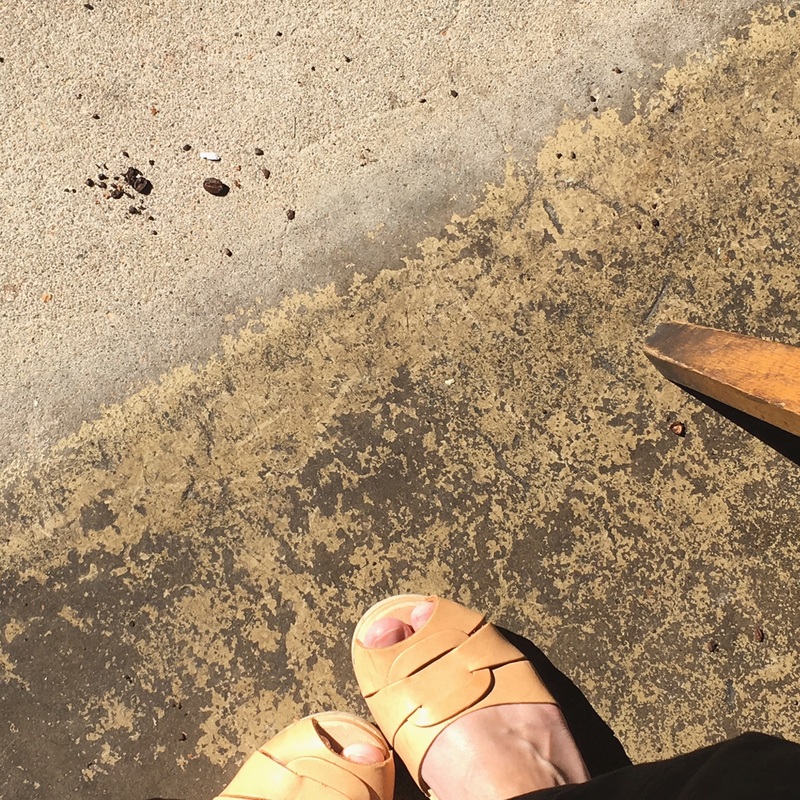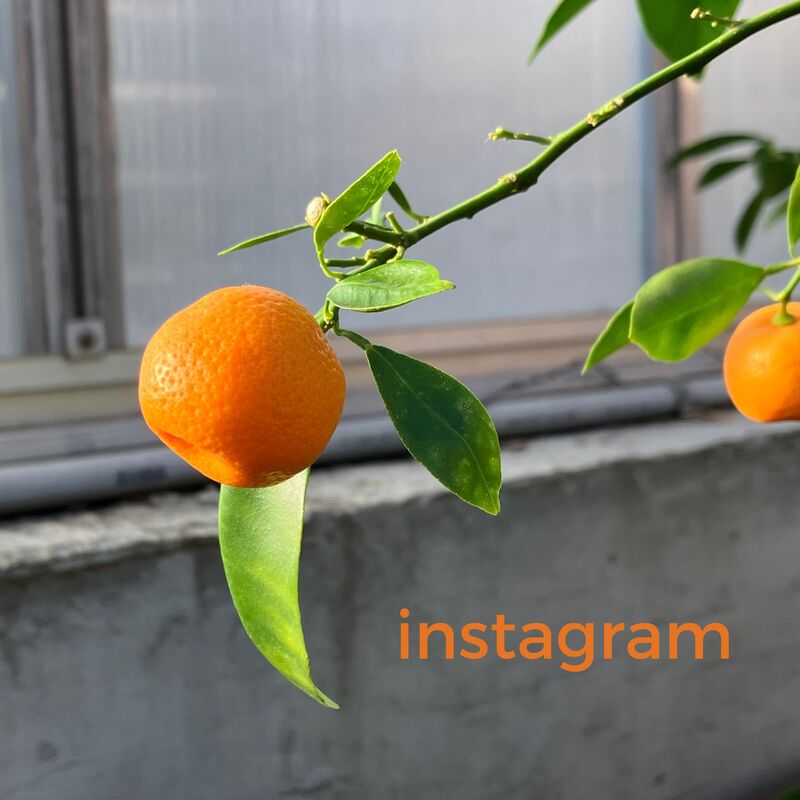My feeling always was that sometimes other priorities take precedence over zero-waste thinking. As a nurse, I would not complain about the disposable, plastic oxygen tubing or all the wrappers + syringes that we used + discarded. During a pandemic, some packaged (rather than bulk) food makes sense. I'm not going to add to the stress of this time by feeling guilty about making a bit more trash than I previously did. That's why I've waited to write this post. As always, guilt is often unproductive + even in the best of times, only takes us so far. Compassion + love...choosing to do better...to make a positive difference...that is the motivation I want to employ.
While things have changed + some of my previous choices are no longer available, there are still a bunch of ways that we can choose to create less waste in the kitchen. I'm going to focus on the kitchen here, because this is where a big portion of our waste is created + where the differences are most seen lately.
There are still lots of things we can do to be mindful of + decrease our waste even during a pandemic:
:: Eat lots of fruits + vegetables.
This is the time of year (in the Northern Hemisphere) to enjoy all of the local, unpackaged produce available. A CSA box is a fantastic way to eat like a king, support a local farmer, reduce exposure to coronavirus and reduce transport miles + packaging.
:: Eat less (or no) meat.
"The greenhouse emissions from the livestock industry are greater than power + transportation combined and because of its huge land footprint, it is responsible for a catastrophic meltdown in global biodiversity. If you could snap your fingers + make the livestock industry go away, the recovery of biomass, trees + shrubs + grasses + so forth, would immediately start pulling carbon out of the atmosphere. The bottom line is that nothing even comes close, in terms of its destructive impact on the environment." ~Pat Brown
:: Pack your own groceries into reusable bags.
Since we are not allowed to place containers from home onto the conveyor belt, I put all of our loose produce into my own bags while shopping...unload it onto the conveyor belt for the cashier...and then load it back into my own bags again myself. Our grocery store employees won't pack our groceries into our bags (not that they always did anyway), but they will let us pack our own groceries into our reusable bags.
:: Grow something.
Basil or mint in front of a window...peppers on the balcony...tomatoes or cucumbers in the yard or at a community garden plot. There's nothing more zero-waste than package-free food grown close to home.
:: Eat raw.
Saving gas + electricity qualifies as part of zero-waste too. When I turn on the oven, it not only takes electricity to heat...it also takes more electricity to cool down our house as a result. Make sun tea + cold brew rather than using the kettle. Salads + fruit/yogurt/granola are mainstays of our diets these days. Make bigger batches of rice + other grains to avoid turning on the stove again.
:: Preserve seasonal goodness.
This is a great time to think about what we'd like to preserve for colder days ahead. We could buy a box of peaches to cut up + freeze...or a few extra cucumbers each grocery trip to pickle. Lots of packaging can be avoided this way. (If plastic ziploc bags are a preference for freezing, wash + reuse them.)
:: Drink water, make sun tea.
Drinks can create unnecessary waste + often contain a lot of sugar. Water from the tap (refrigerate a pitcher in order to save water from having to run to get cold) with or without a squeeze of lemon, making sun tea or cold brew from bulk and smoothies from fruit + vegetables are great low-waste summer drinks. Skip tea bags + choose bulk leaves in a can. Compost the leaves, grounds + rinds.
:: Make food + coffee at home.
Mindfully making meals + coffee from scratch at home can cut out a lot of packaging. Consider supporting locally-owned businesses by getting take-out on occasion too.
:: Prioritize certain packaging. Reuse + recycle.
Reusable packaging may still be an option. I try to recycle as little as possible, because recycling doesn't always happen + requires a lot of energy + often new resources too. Paper + aluminum can be recycled. Glass + cans too. I try to avoid plastic, but stretchy bags can be added to the plastic, grocery bag recycling bins. Make an effort to get recycling to the right spots.
:: Eat it all.
So much food gets thrown away. What a waste of not only food, but of all the resources it takes to grow, nurture, water, de-pest, harvest, clean, transport, stock, sell + buy food. Make meal plans + grocery lists. Eat what is in the house before buying more.
:: Compost.
Food fills up landfills + produces harmful methane gas. Get it to a community compost site. Do it on a balcony. Do it in the yard.
:: Reassess.
Go through the trash + recycling to see what's in there. Reassess how some of it could be avoided. Sometimes we feel pressured in the moment to make a quick decision at the grocery, but later we can be a little more thoughtful about our choices + make a better plan for next time. Sometimes seeing the amount of clamshells or plastic cups in the trash can spark motivation to shift a habit.
:: Use rags instead of paper towels. Skip disposable sponges.
It was a pleasure to not feel this scarcity.
:: Wear a mask + practice social distancing.
Doing what we can to stay well + to keep others well saves a lot of medical supplies from needing to be used + disposed of. :)
:: Do your best. And do your best again.
Guilt isn't proactive. Each choice is a new chance to make a good choice.
Thank you for all the good choices you make! We are doing this for each other, and I appreciate you + your efforts so much! :)
Love,
Jane




 RSS Feed
RSS Feed